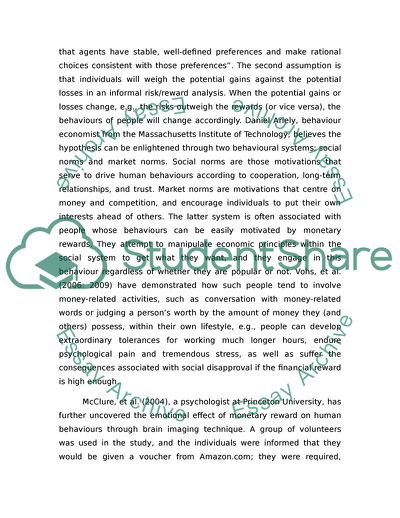Cite this document
(Why Should We Study the Use of Personal Financial Incentives to Term Paper, n.d.)
Why Should We Study the Use of Personal Financial Incentives to Term Paper. https://studentshare.org/social-science/1722165-why-we-should-study-on-using-personal-financial-incentive-to-improve-health-related-behaviour
Why Should We Study the Use of Personal Financial Incentives to Term Paper. https://studentshare.org/social-science/1722165-why-we-should-study-on-using-personal-financial-incentive-to-improve-health-related-behaviour
(Why Should We Study the Use of Personal Financial Incentives to Term Paper)
Why Should We Study the Use of Personal Financial Incentives to Term Paper. https://studentshare.org/social-science/1722165-why-we-should-study-on-using-personal-financial-incentive-to-improve-health-related-behaviour.
Why Should We Study the Use of Personal Financial Incentives to Term Paper. https://studentshare.org/social-science/1722165-why-we-should-study-on-using-personal-financial-incentive-to-improve-health-related-behaviour.
“Why Should We Study the Use of Personal Financial Incentives to Term Paper”. https://studentshare.org/social-science/1722165-why-we-should-study-on-using-personal-financial-incentive-to-improve-health-related-behaviour.


